Tiny at $200: ASUS Z390-I Gaming vs. ASRock Z390 Gaming-ITX/ac Review
by Gavin Bonshor on February 12, 2019 10:00 AM ESTTest Bed
As per our testing policy, we take a high-end CPU suitable for the motherboard that was released during the socket’s initial launch, and equip the system with a suitable amount of memory running at the processor maximum supported frequency. This is also typically run at JEDEC subtimings where possible. It is noted that some users are not keen on this policy, stating that sometimes the maximum supported frequency is quite low, or faster memory is available at a similar price, or that the JEDEC speeds can be prohibitive for performance. While these comments make sense, ultimately very few users apply memory profiles (either XMP or other) as they require interaction with the BIOS, and most users will fall back on JEDEC supported speeds - this includes home users as well as industry who might want to shave off a cent or two from the cost or stay within the margins set by the manufacturer. Where possible, we will extend out testing to include faster memory modules either at the same time as the review or a later date.
While we have been able to measure audio performance from previous Z370 motherboards, the task has been made even harder with the roll-out of the Z390 chipset and none of the boards tested so far has played ball. It seems all USB support for Windows 7 is now extinct so until we can find a reliable way of measuring audio performance on Windows 10 or until a workaround can be found, audio testing will have to be done at a later date.
| Test Setup | |||
| Processor | Intel i7-8700K, 65W, $300, 6 Cores, 12 Threads, 3.7 GHz (4.7 GHz Turbo) |
||
| Motherboard | ASUS ROG Strix Z390-I Gaming (BIOS Ver 1003) ASRock Z390 Phantom Gaming-ITX/ac (BIOS P1.50) |
||
| Cooling | be quiet! Silent Loop 240mm AIO | ||
| Power Supply | Thermaltake Toughpower Grand 1200W Gold PSU | ||
| Memory | 2x16GB Corsair Vengeance LPX DDR4-2400 Ran at DDR4-2666 CL16-18-18-35 2T |
||
| Video Card | ASUS GTX 980 STRIX (1178/1279 Boost) | ||
| Hard Drive | Crucial MX300 1TB | ||
| Case | Open Test Bed | ||
| Operating System | Windows 10 RS3 inc. Spectre/Meltdown Patches | ||
Readers of our motherboard review section will have noted the trend in modern motherboards to implement a form of MultiCore Enhancement / Acceleration / Turbo (read our report here) on their motherboards. This does several things, including better benchmark results at stock settings (not entirely needed if overclocking is an end-user goal) at the expense of heat and temperature. It also gives, in essence, an automatic overclock which may be against what the user wants. Our testing methodology is ‘out-of-the-box’, with the latest public BIOS installed and XMP enabled, and thus subject to the whims of this feature. It is ultimately up to the motherboard manufacturer to take this risk – and manufacturers taking risks in the setup is something they do on every product (think C-state settings, USB priority, DPC Latency / monitoring priority, overriding memory sub-timings at JEDEC). Processor speed change is part of that risk, and ultimately if no overclocking is planned, some motherboards will affect how fast that shiny new processor goes and can be an important factor in the system build.
New Test Suite: Spectre and Meltdown Hardened
For the start of our Z390 reviews, we are using an updated OS, updated drivers, and updated software. This is in line with our CPU testing updates, which includes Spectre and Meltdown patches. As we are in the process of testing more Z390 boards, that data will be added in future reviews however at this point we only have Z370 on the old testing as a reference.


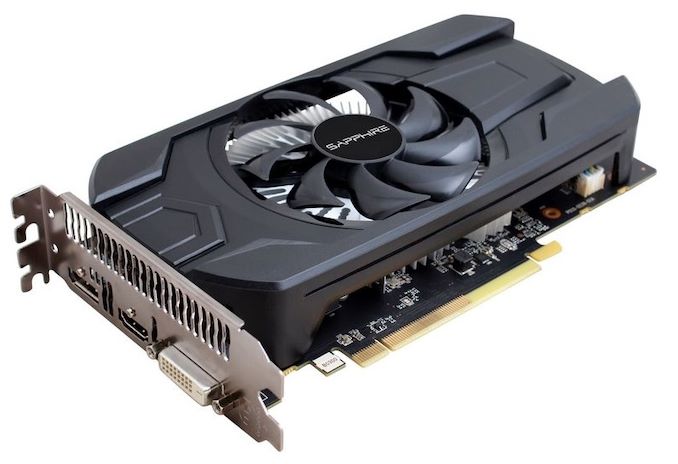
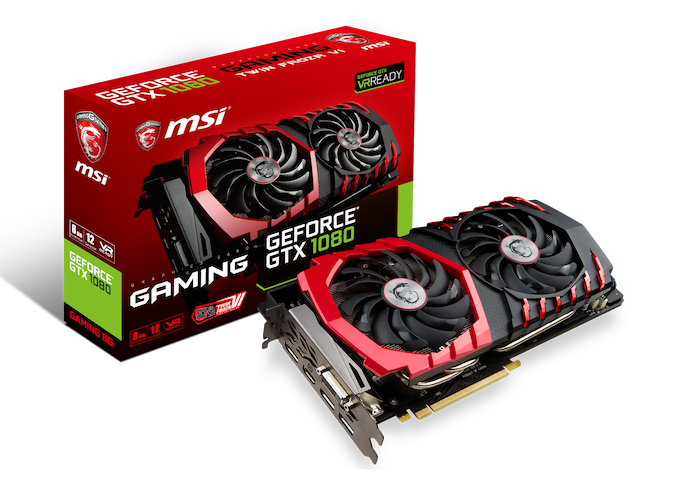
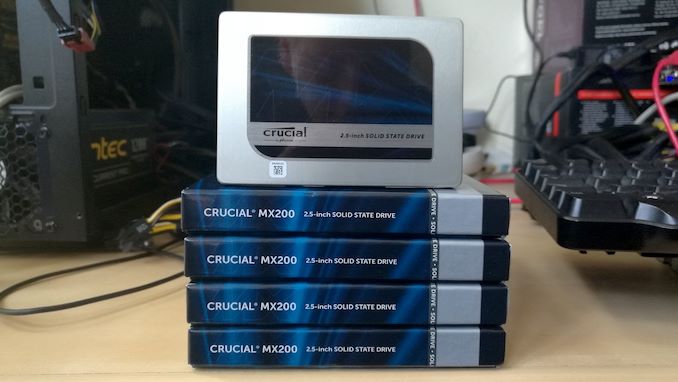
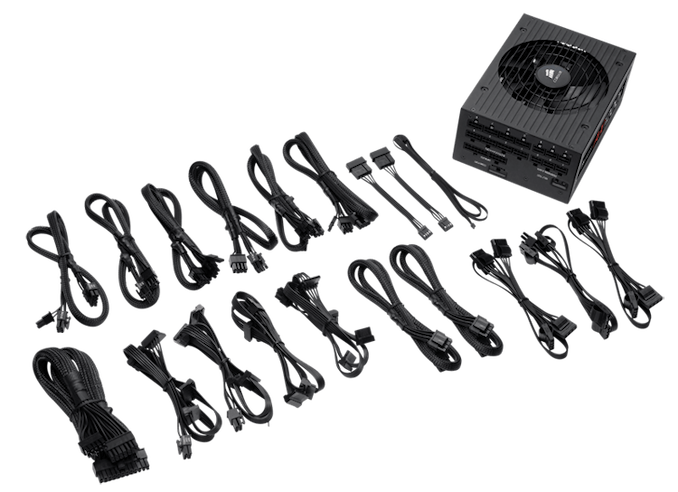
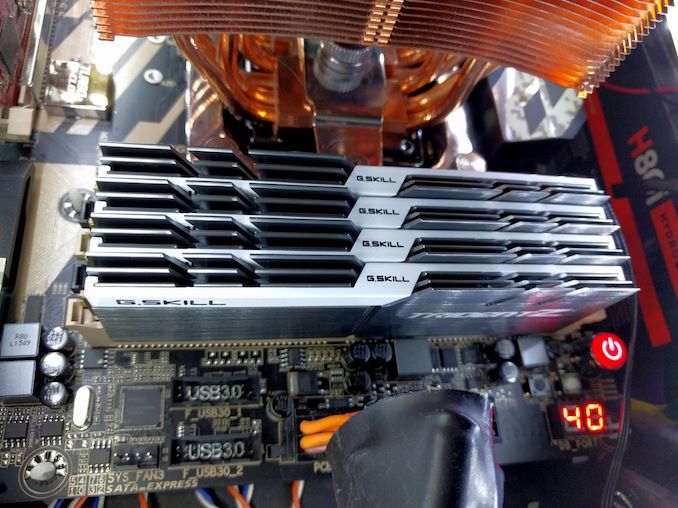
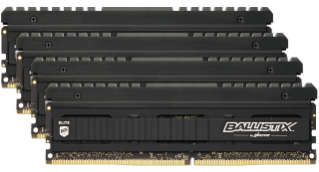
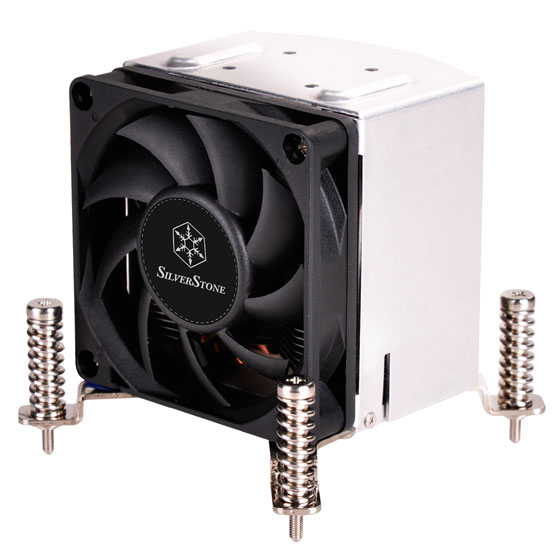
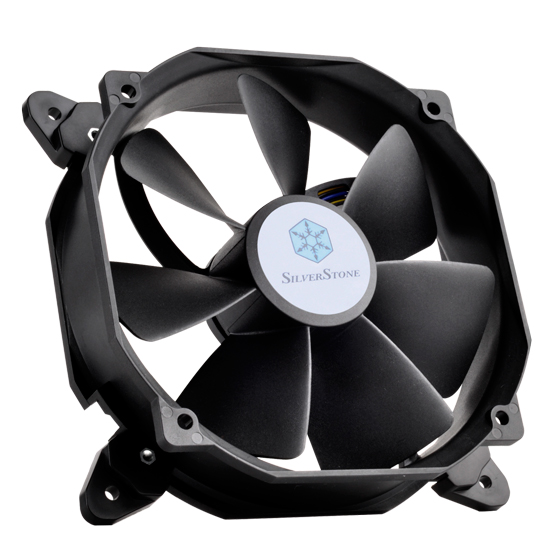








26 Comments
View All Comments
Marlin1975 - Tuesday, February 12, 2019 - link
Great review, thanks.Cheaper and seems better overall, ASRock for the win.
goatfajitas - Tuesday, February 12, 2019 - link
Isnt ASRock just the lower end brandname from Asus? Same basic parts.LiquidSilverZ - Tuesday, February 12, 2019 - link
No, they are a separate brand.Korguz - Tuesday, February 12, 2019 - link
desperate brand.. that was a spin off of Asus to compete in the OEM market in 2002, and has since expanded into the non oem market :-)goatfajitas - Tuesday, February 12, 2019 - link
Separate brand, yes. Same company though. Like Honda/Acura or Toyota/Lexus.jeremyshaw - Tuesday, February 12, 2019 - link
Nah, ASUS gave up ownership years ago.goatfajitas - Tuesday, February 12, 2019 - link
Did they? I wasn't aware. Still likely use alot of the same parts from the same sources. For example, the similar parts above.eva02langley - Tuesday, February 12, 2019 - link
Same company pal...Korguz - Wednesday, February 13, 2019 - link
asus and asrock are seperate companies, owned by different owners, ASrock, is owned by pegatron.FSWKU - Wednesday, February 13, 2019 - link
Who Asus still farms their warranty repairs out to (along with Atan Gtech)